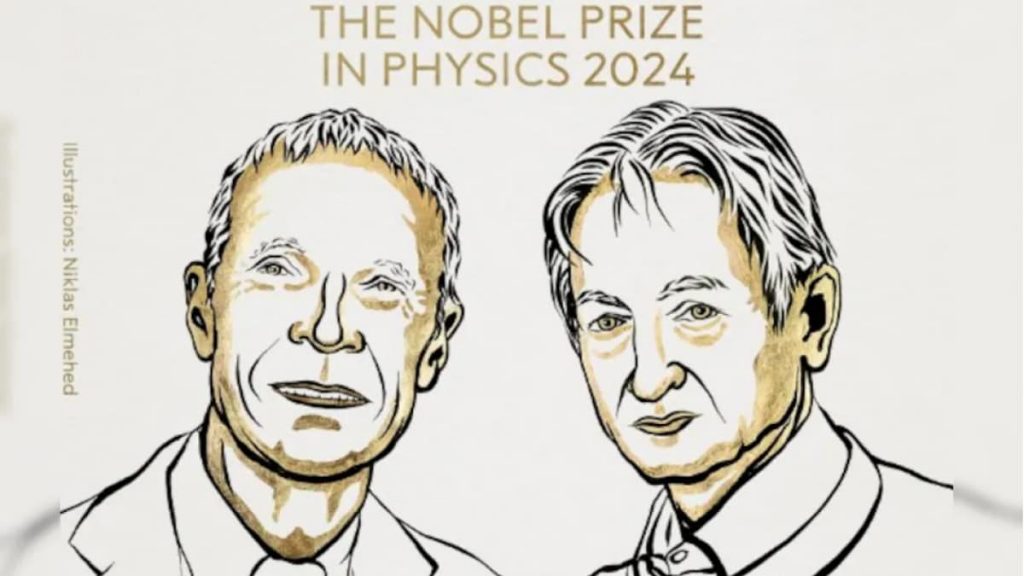Hopfield and Hinton win Nobel Prize in Physics for AI breakthroughs

The Royal Swedish Academy of Sciences has awarded the 2024 Nobel Prize in Physics to John J. Hopfield, Princeton University, USA, and Geoffrey E. Hinton, University of Toronto, Canada. Both laureates are recognised for their pioneering work in machine learning, specifically using artificial neural networks. Their research, drawing on principles of physics, forms the foundation of modern machine learning systems. Hopfield developed an associative memory system capable of storing and reconstructing data patterns, while Hinton introduced methods that allow networks to autonomously discover data properties and perform tasks such as image recognition.
Artificial Neural Networks and Physics
Artificial neural networks are computational systems modelled on the brain’s neurons. These neurons, represented as nodes, influence each other through connections similar to synapses, adjusting their strength based on training. This year’s laureates have been instrumental in shaping the use of these networks in machine learning since the 1980s. Their contributions laid the groundwork for today’s advanced AI technologies.
John J. Hopfield’s Contribution
John J. Hopfield’s significant contribution was his invention of a network capable of saving and reconstructing patterns. By applying principles from physics, particularly atomic spin, his network is designed to function by minimising energy, much like systems in nature. The network updates its nodes to progressively reveal a stored image when presented with an incomplete or distorted one.
Geoffrey E. Hinton’s Impact
Geoffrey E. Hinton expanded upon Hopfield’s work by developing the Boltzmann machine, a neural network that can identify features in data. Using statistical physics, Hinton’s invention enables the network to learn by analysing common examples, allowing it to recognise and generate patterns. His research has been crucial to the rapid advancement of machine learning. The prize of 11 million Swedish kronor will be equally shared between the laureates
(This story has not been edited by NDTV staff and is auto-generated from a syndicated feed.)








